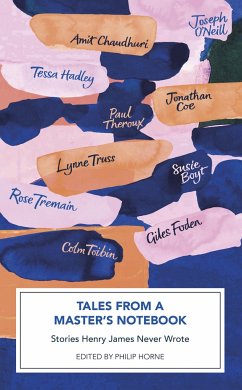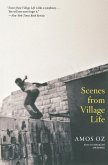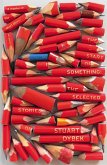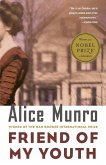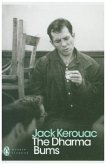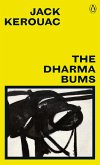A collection of stories from some of our best-loved writers, inspired by ideas found in Henry James's notebooks.
When Henry James died he left behind a series of notebooks filled with ideas for novels and stories that he never wrote. Now ten of our best contemporary authors and James enthusiasts have written new short stories based on these 'germs' of ideas. Differing dramatically in setting and style, these stories are modern interpretations of the richly suggestive and enticing notes that Henry James left behind, offering a fresh and original approach to a canonical literary author.
Professor Philip Horne, a renowned authority on Henry James, has edited and introduced this collection, which also includes transcripts of James's original jottings allowing readers to trace the raw ideas through to their modern-day interpretations.
Contains stories by Colm Toibin, Rose Tremain, Jonathan Coe, Paul Theroux, Amit Chaudhuri, Giles Foden, Joseph O'Neill, Lynne Truss, Susie Boyt and Tessa Hadley.
WITH A FOREWORD BY MICHAEL WOOD
When Henry James died he left behind a series of notebooks filled with ideas for novels and stories that he never wrote. Now ten of our best contemporary authors and James enthusiasts have written new short stories based on these 'germs' of ideas. Differing dramatically in setting and style, these stories are modern interpretations of the richly suggestive and enticing notes that Henry James left behind, offering a fresh and original approach to a canonical literary author.
Professor Philip Horne, a renowned authority on Henry James, has edited and introduced this collection, which also includes transcripts of James's original jottings allowing readers to trace the raw ideas through to their modern-day interpretations.
Contains stories by Colm Toibin, Rose Tremain, Jonathan Coe, Paul Theroux, Amit Chaudhuri, Giles Foden, Joseph O'Neill, Lynne Truss, Susie Boyt and Tessa Hadley.
WITH A FOREWORD BY MICHAEL WOOD
[An] ingenious and entertaining collection... the stories could not be more varied in tone and approach, from Colm Tóibín's beautifully measured "Silence"...to Amit Chaudhuri's bouncily rhythmical "Wensleydale"...the individuality of the entries does not preclude entertainment - there is much playfulness and not a little comedy here Times Literary Supplement

